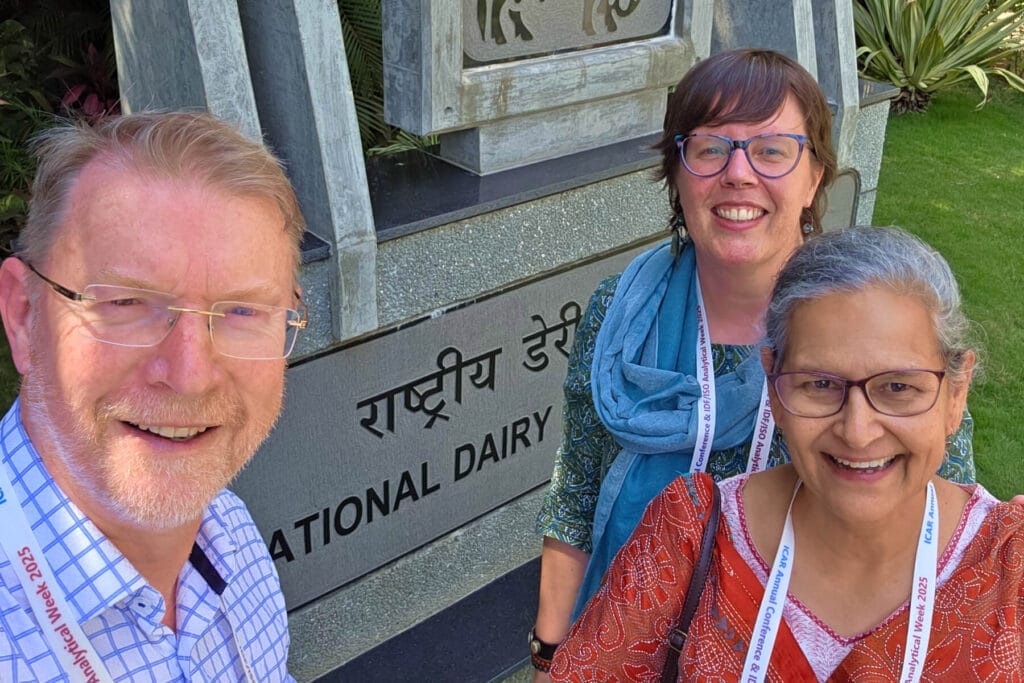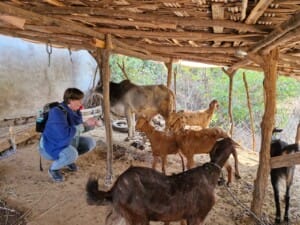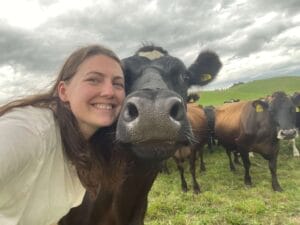How to drive genetic gain with no well-trained geneticists, no national database and minimal business infrastructure is a question that makes Peter Amer scratch his head.
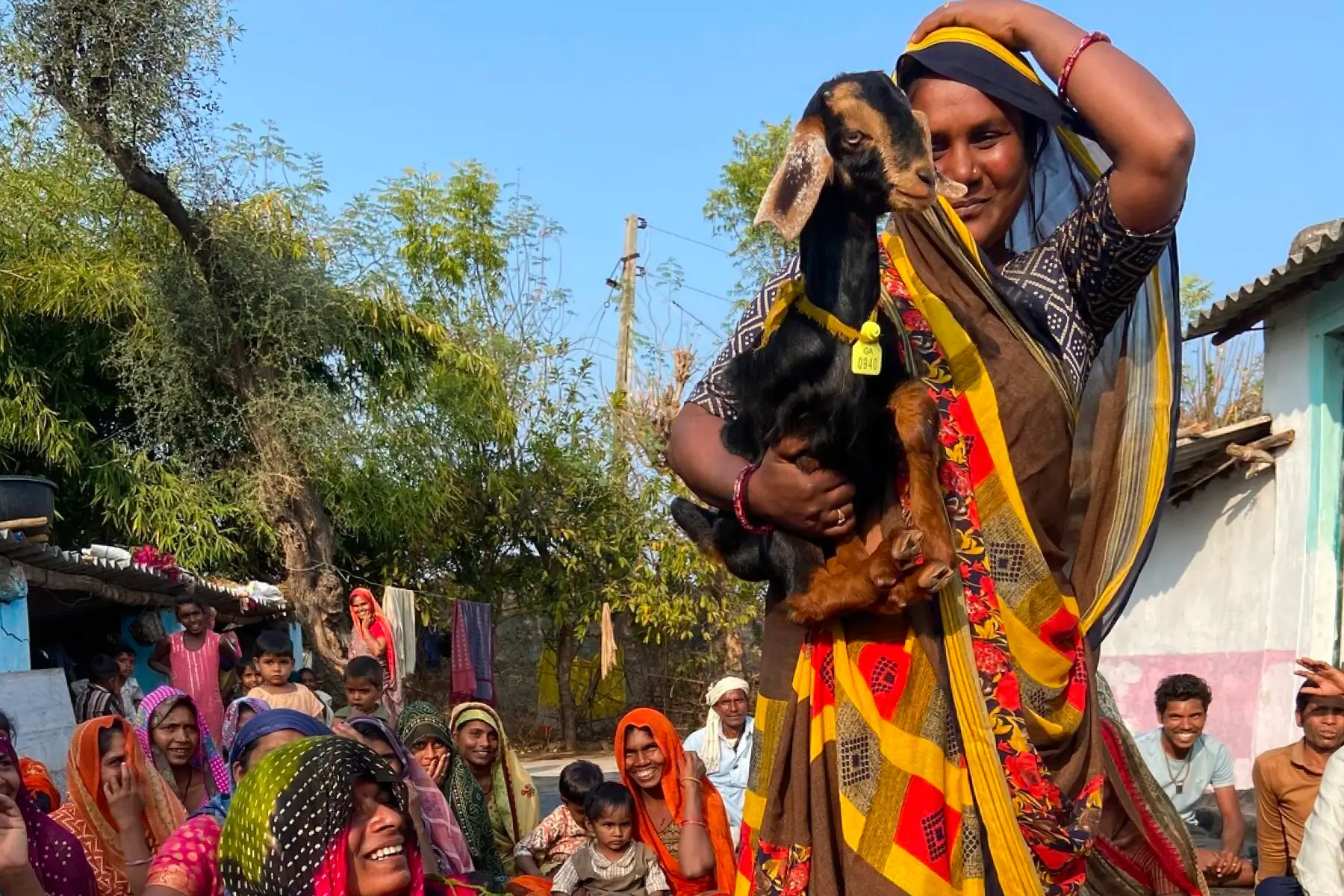
A recent visit to India and Indonesia created more questions than answers, but it was what he described as a trip of a lifetime and his career highlight to date, a world away from the familiar Western viewpoint where efficient scientific infrastructure is a given.
During his two and a half weeks away he worked alongside primary industry personnel in three highly diverse locations in India as well as a stop on the way home in Indonesia to see how genetic improvement could happen within the sheep and goat meat breeding and dairy industries respectively.
Peter had insight into four projects in India, three of which were in their infancy and one was about to begin. They all involved small ruminants and very small holdings, very disadvantaged people and very little control over mating.
“There is not much knowledge about breeding or breed selection, and genetic management to minimise things like inbreeding and quality of breeding stock is poor.”
Exposure to tropical diseases is also high, and feed supply is variable because of the enormity of the variation of seasons.
He said creating basic systems like ear tagging and better selective breeding is a start.
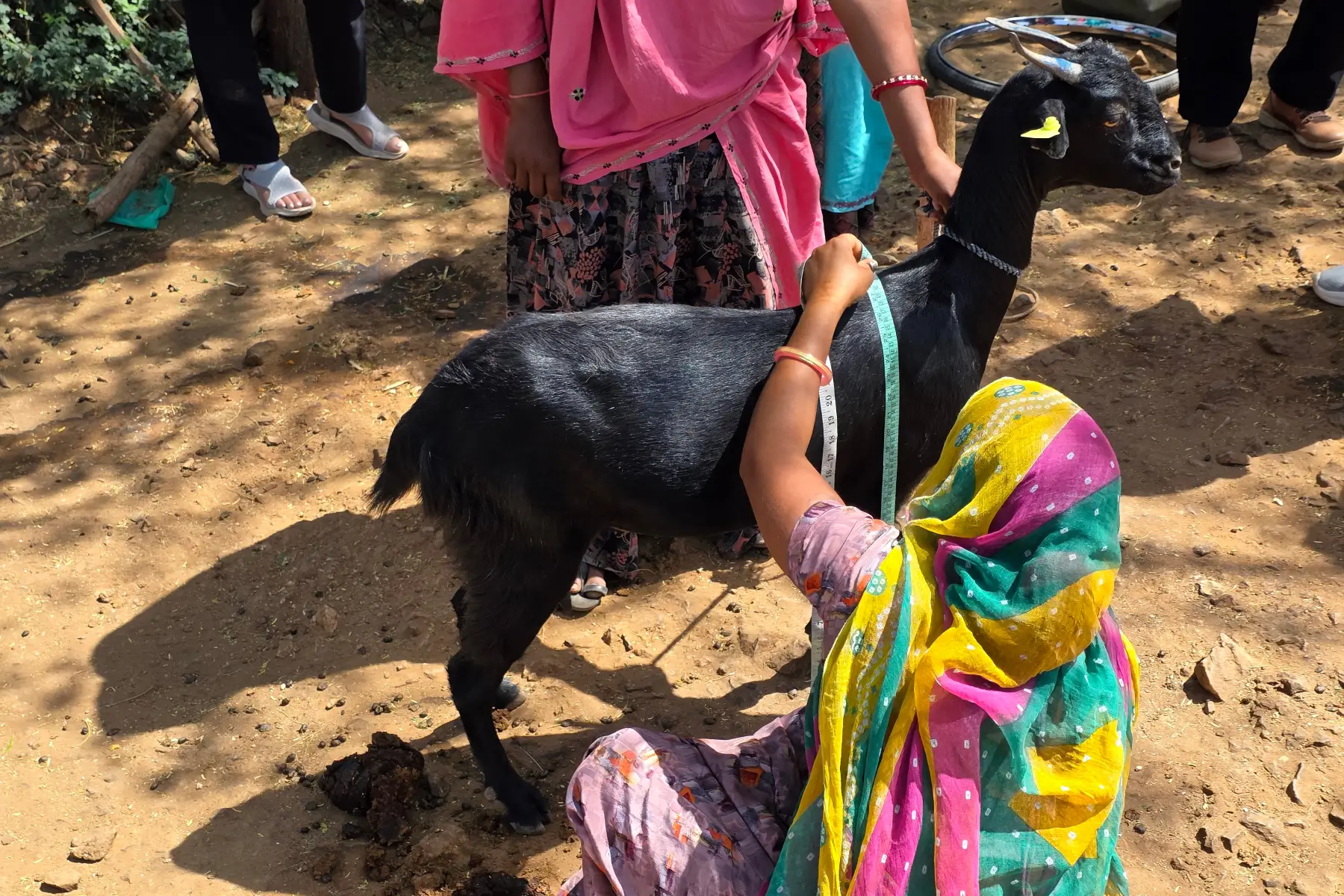
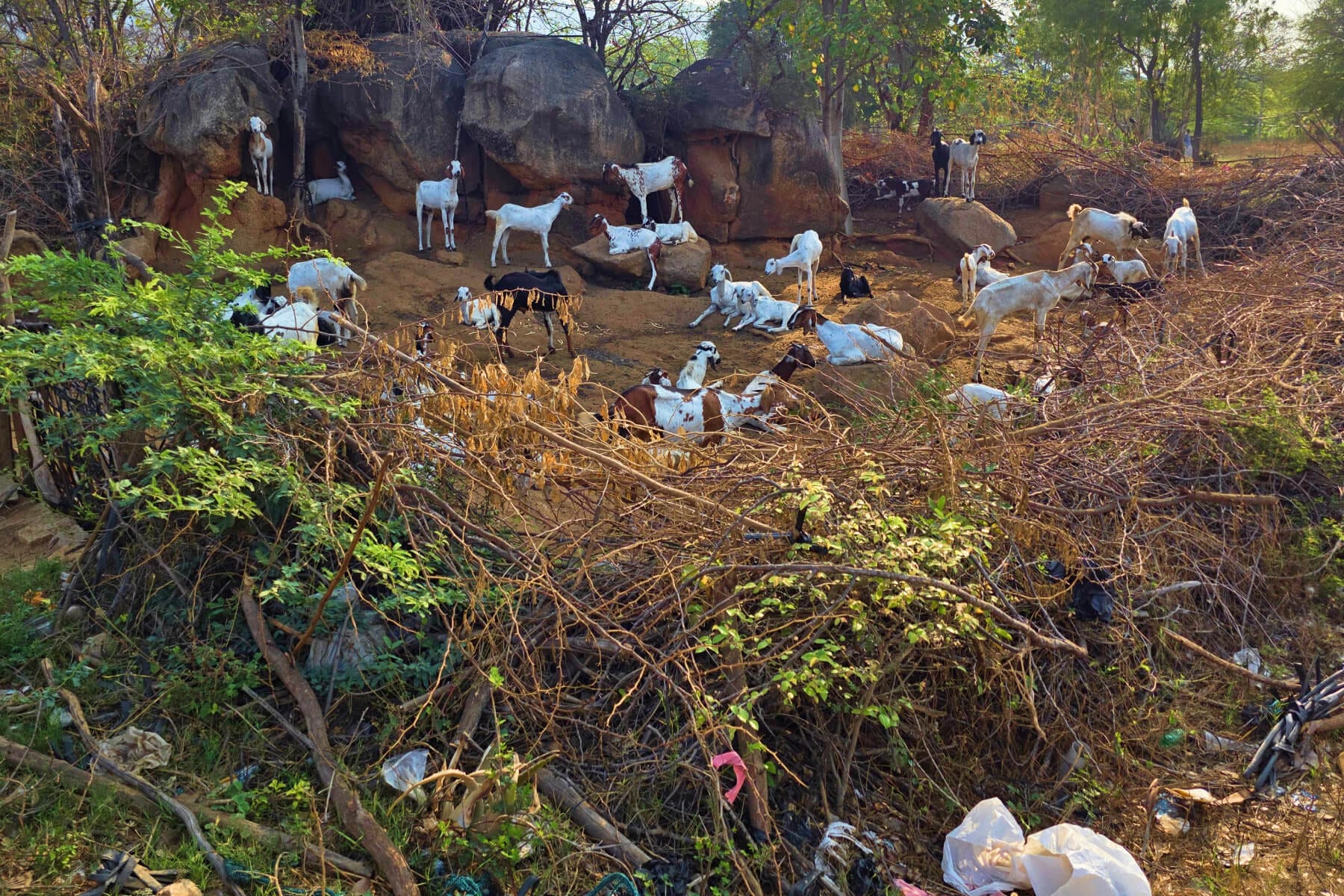
Dairy genetic improvement development is taking place in Indonesia, including international genetic programmes.
A data platform of AbacusBio’s called Dtreo provides a way to capture data even from these remote places. The success of this platform in Africa, and since 2018 in one of the projects in India, has opened opportunities to expand these types of programmes in new regions of India.
“But there is no record keeping, therefore no data about how to improve what.”
Peter said the Indonesian dairy industry needs to be supported with implementing basic infrastructure that in more developed industries would be supported either by government, or by industry organisations. However, when this infrastructure is not present, a status quo of importing often unsuitable foreign genetics needs to be challenged.
Many collaborative opportunities are being looked at, for example how AbacusBio can work with private companies, how its resources such as Dtreo can be afforded, and how Indonesian farmers can get the government on board.
“It’s about looking at ways to be flexible, getting things done without spending lots of money, and just doing things that work but not having to be scientifically exact.”
Peter explained that these people involved in breeding in these environments with minimal infrastructure are certainly not stupid or backward. He said these farms, that feed billions of people, are on very small holdings. Farmers need to find feed from wherever they can, for example road sides or swapping grazing for manure with landowners.
“They are actually incredibly resourceful in solving their own problems that they are faced with.”
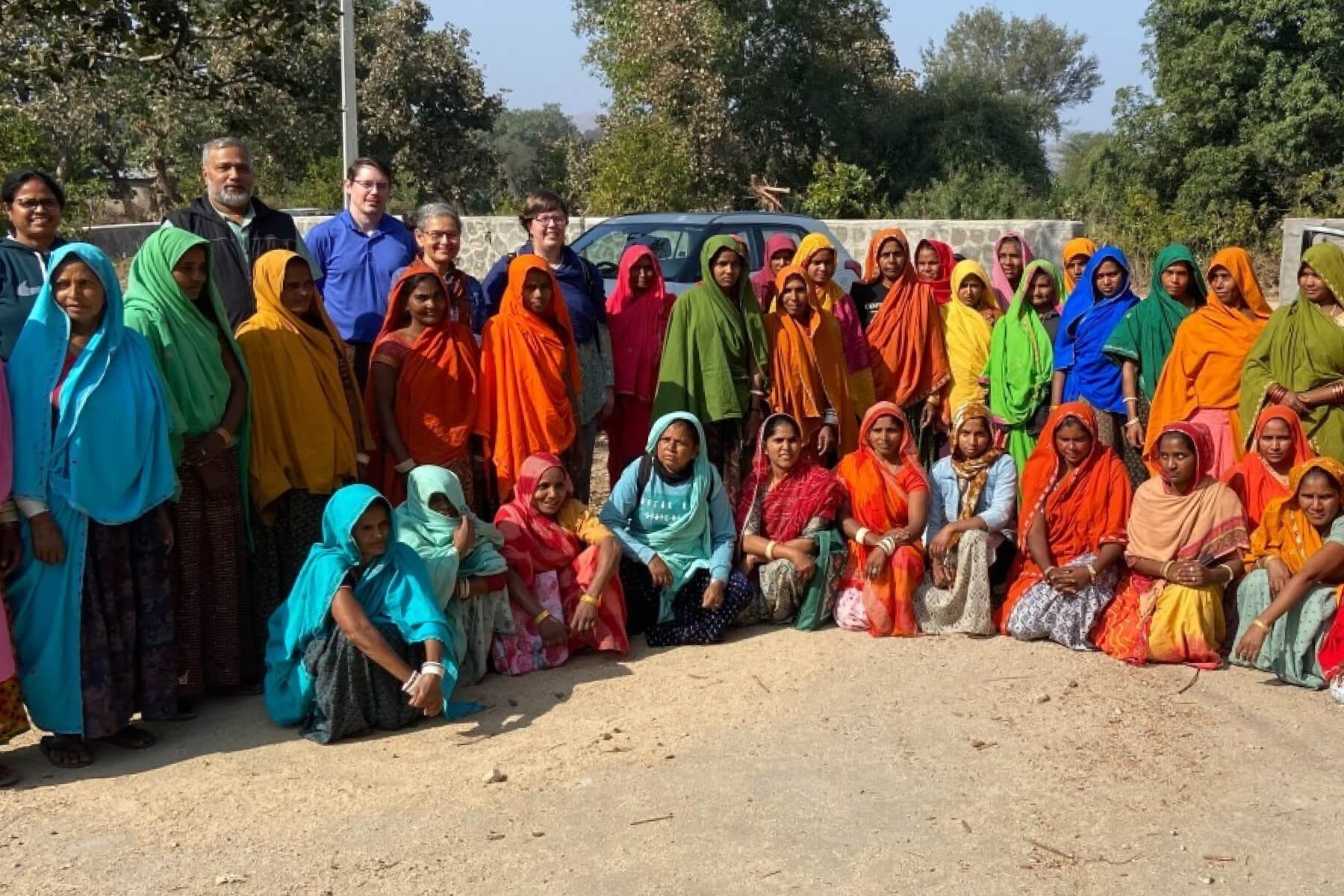
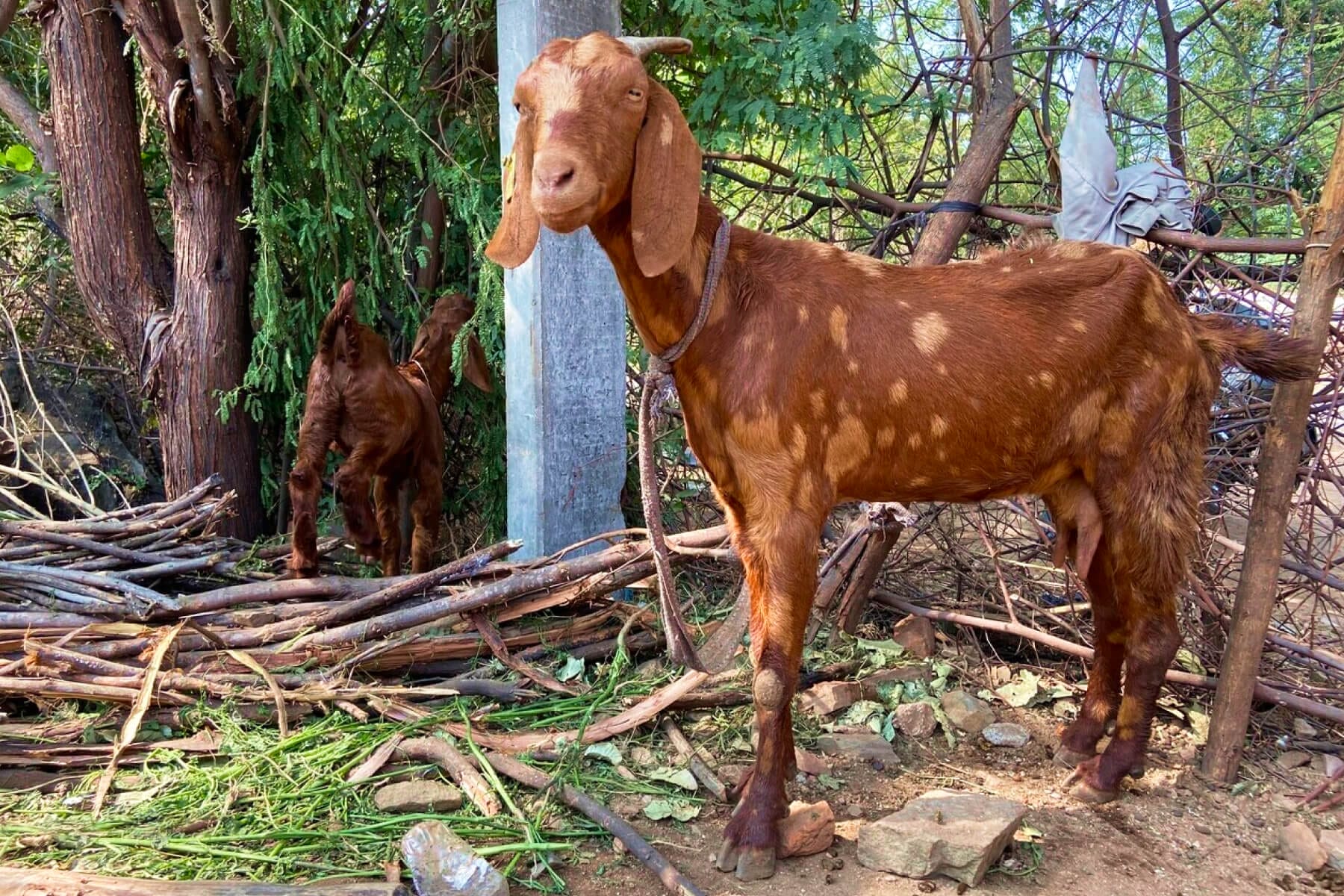
Equally striking was the huge amount of human welfare and agricultural output that comes from farming systems in less developed countries, on which billions of people depend on for their food.
Peter believed that the conversations around the impact ruminants’ emissions are having on global warming need to be re-thought within the developed world, because within the farming systems of India and Indonesia, it is a tiny piece of the puzzle amongst the many challenges they face every day.
“If we circle back, we need to get going with strong fundamentals to underpin breeding program establishment in these situations, before progressing too far with state-of-the-art methane measurement options.”
How to go from Ground Zero to progress in these situations is a challenge Peter wants to take on, and through the technologies and databases of AbacusBio he strives to deal these rural communities a better hand.
“AbacusBio wants to create groundbreaking steps for better infrastructure to allow for genetic improvement.”
Referrals through AbacusBio’s global network of clients creates avenues for connections with many more rural communities like these, because through its strong brand and consumer confidence, quality relationships can be formed and maintained.
Peter admitted it’s hard work, but seeing one particular project in India flourish is so rewarding.
“They may only have a few goats per household, but those goats contribute substantially to their livelihood and wellbeing.”
He added that AbacusBio’s presence in these countries is not a money spinner.
“It’s a desperate need we see in the world.”
